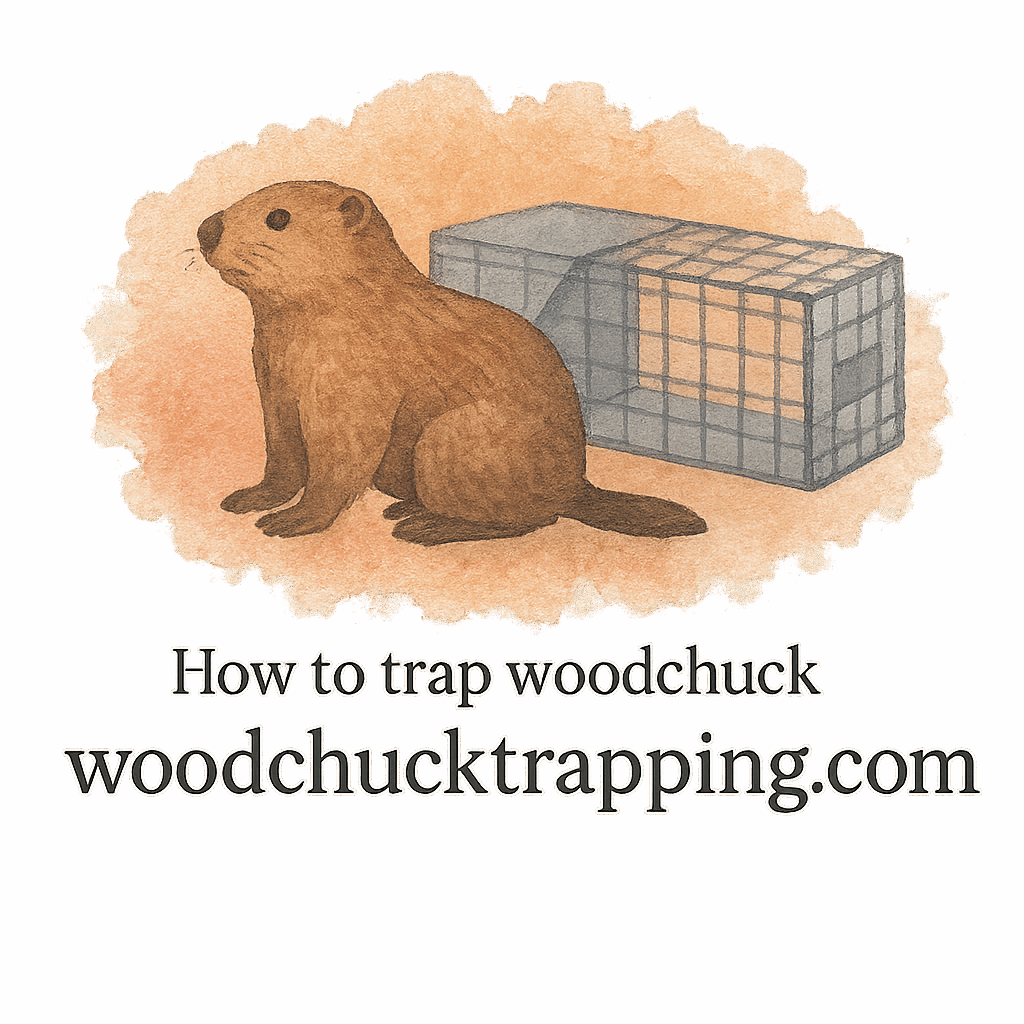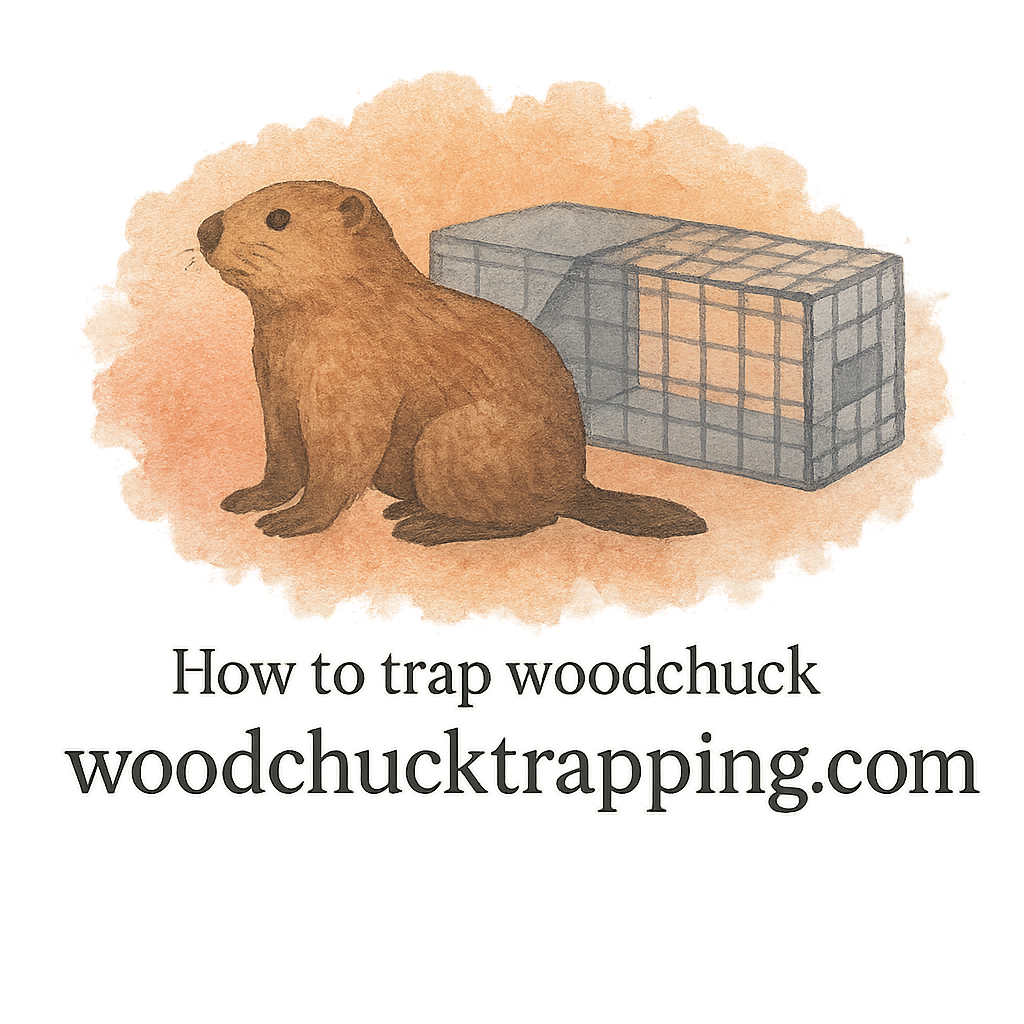So, you’ve got a furry little groundhog (a.k.a. woodchuck) turning your yard into Swiss cheese? Before you jump into hiring just any wildlife trapper, it’s smart to do your homework. Woodchucks may seem harmless, but their burrowing can cause serious yard damage and even mess with foundations.
Let’s dive into the 10 essential questions you should ask before hiring a woodchuck trapping service—and why each one truly matters.
Why Hiring a Pro Trapper Matters
Professional woodchuck trappers know how to handle wild animals safely, legally, and effectively. They understand local laws, baiting techniques, and most importantly, they can help you prevent future infestations.
Visit our prevention and damage guide here.
What Makes Woodchuck Removal Unique
Unlike raccoons or mice, woodchucks are burrowers. They’re sneaky, strong diggers, and pretty territorial. That makes them tricky to trap unless you understand their habits. That’s why asking the right questions is key before hiring anyone.
Question 1: Are You Licensed and Insured?
Importance of Legal Credentials
Always make this your first question. A licensed trapper knows what’s legal and what isn’t. You don’t want fines—or worse, injured animals—on your hands.
Related Laws and Safety Issues
Learn more about trapping regulations and safety concerns on our Laws & Safety page.
Question 2: What Methods Do You Use?
Humane vs. Lethal Techniques
Some pros use live traps. Others might use lethal ones (yikes). Make sure you’re comfortable with their strategy.
Trap Types and Tools Used
From compact traps to baited enclosures, it’s worth asking what kind of equipment will be set up in your yard. Check out gear reviews here: Trapping Equipment Reviews
Also see:
Question 3: Do You Use Humane Trapping Practices?
Why Humane Methods Matter
We get it—you want the woodchuck gone. But humane treatment matters. Ethical methods reduce animal suffering and keep you within the law.
Tags and Resources on Humane Practices
Check out:

Question 4: Can You Identify Woodchuck Activity?
Common Signs of Infestation
Look for mounds of dirt, gnawed plants, and wide tunnels. The trapper should be able to spot clear signs of a woodchuck presence.
Discover key signs of woodchuck damage.
Understanding Burrow Behavior
Burrows can be 30 feet long with multiple exits. A pro should know how to find and block all of them.
See:
Question 5: What Kind of Bait and Lures Do You Use?
Using the Right Scents and Attractants
The wrong bait means an empty trap. Woodchucks like veggies—think apples, carrots, or lettuce—but pros often use scent-enhanced baits too.
Top Baiting & Luring Resources
We recommend reading our baiting and luring guide and checking tags like:
Question 6: How Long Will the Trapping Take?
Typical Timeframes and Expectations
One day? One week? It depends on the size of the infestation and trap setup. Ask for a timeline and what happens if the woodchuck evades the trap.
What Affects the Duration?
Time of year, burrow depth, and food availability all matter. Explore advanced trapping techniques.
Question 7: What Equipment Do You Use?
Quality Gear Matters
Crappy gear = missed catches. Ask what kind of traps, bait stations, and safety gloves they use.
Compact Traps for Small Yards
Especially if you have a minimal space setup, gear matters. See:
Question 8: How Do You Handle Trapped Animals?
Safe and Legal Handling Procedures
Once a woodchuck is caught, how do they remove it? Transport it? Do they relocate or euthanize?
Why Handling Techniques Matter
Handling is where things can go wrong fast. Injured animals, bites, or fines for improper relocation—yeah, it’s serious.
Explore more: #trapped-animal
Question 9: What Are Your Guarantees or Follow-Up Services?
Warranty, Rechecks, and Damage Prevention
Will they come back if the woodchuck returns? Do they inspect again after a week? Ask what their service includes beyond the catch.
Also visit: #yard-damage
Or this full guide: Woodchuck Damage Prevention
Question 10: Can You Help With Prevention Too?
Sealing Entry Points and Yard Maintenance
It’s not just about trapping—it’s about stopping them from coming back. Fence reinforcement, clearing food sources, and sealing burrows should be on their radar.
Long-Term Woodchuck Control Advice
A good trapper will leave you with a prevention plan. That’s how you get long-term peace of mind.
Explore:
Final Thoughts: Choose Smart, Not Fast
Hiring a woodchuck trapper isn’t about grabbing the cheapest option. It’s about finding someone who knows their stuff, respects the animal, and helps you reclaim your space. These 10 questions will help you dig beneath the surface—pun totally intended—and find the right fit.
Still unsure? Browse our main site: woodchucktrapping.com
FAQs
1. What’s the best time of year to trap woodchucks?
Spring and early summer, when they’re actively digging and foraging.
2. Are woodchucks dangerous?
They aren’t aggressive, but their burrowing can cause major damage to yards and structures.
3. How much does professional trapping cost?
Anywhere from $100–$500 depending on the service and number of visits.
4. Can I trap a woodchuck myself?
Sure—but it’s tricky. Make sure you follow local laws. Start here: Trapping Techniques
5. What bait works best for woodchucks?
Fresh produce like carrots or apples, enhanced with scent bait. See: #scent-bait
6. What if the woodchuck comes back?
Ask your trapper about follow-up and prevention strategies.
7. Is relocation legal?
Not always. That’s why it’s key to hire someone who knows laws and safety protocols.


